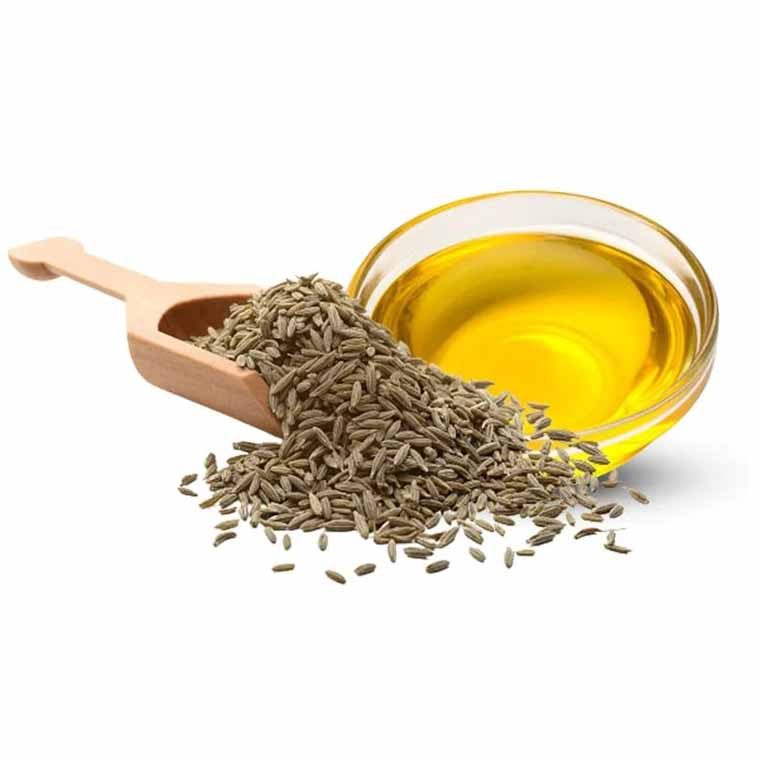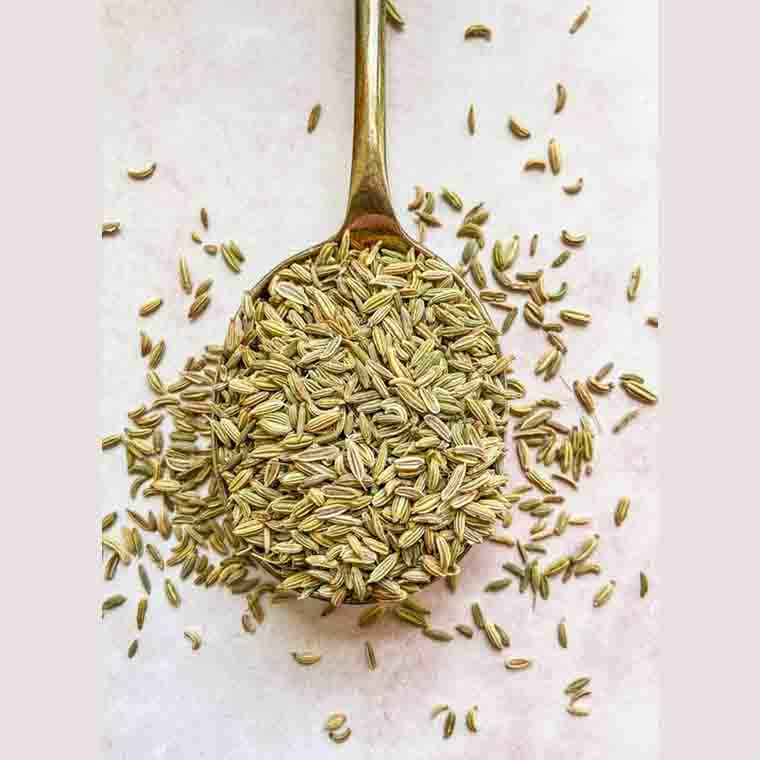The medicinal and therapeutic properties of cumin seeds and their oil arise from compounds such as carvon, furfural, aldehyde, cuminaldehyde, and limonene. Extensive research has shown that cumin oil has numerous health benefits, including:
- Increased Lactation: Cumin oil combined with honey can enhance both the quantity and quality of breast milk and prevent colic and digestive issues in infants.
- Antiseptic Properties: This oil prevents internal and external infections and protects wounds.
- Heart Health: Cumin oil helps maintain heart health by regulating heart rate, strengthening heart muscles, and reducing blood pressure.
- Anti-bloating: Consuming cumin oil with warm water quickly alleviates bloating and gas.
- Menstrual Regulation: It can aid women with menstrual problems and reduce associated pain.
- Antihistamine: Cumin oil is effective in treating coughs caused by allergies and other histamine-related issues.
- Diuretic: The oil helps cleanse the kidneys and reduce blood pressure by increasing urine production.
- Anti-spasmodic: It provides immediate relief for muscle cramps and respiratory spasms.
- Digestive Health: The oil treats indigestion and improves digestion.
- Expectorant: It helps soothe coughs and colds by relieving congestion.
- Hydrating: Cumin oil aids in improving digestion and cleansing the intestines.
- Stimulant and Tonic: It stimulates bodily systems, reduces depression, boosts alertness, and increases energy.
Other Uses of Cumin Oil
Besides the benefits mentioned, cumin oil can be used in soap and perfume making and is beneficial in treating conditions such as inflammation, rheumatism, acne, and arthritis. However, attention to the quality and source of the oil is crucial, and only pure and reputable types should be used.
Precautions
When using cumin oil topically, be cautious of skin irritation and ensure proper application methods.
Conclusion
Given the numerous benefits of cumin oil, its regular and correct use can contribute to better health and increased energy.



